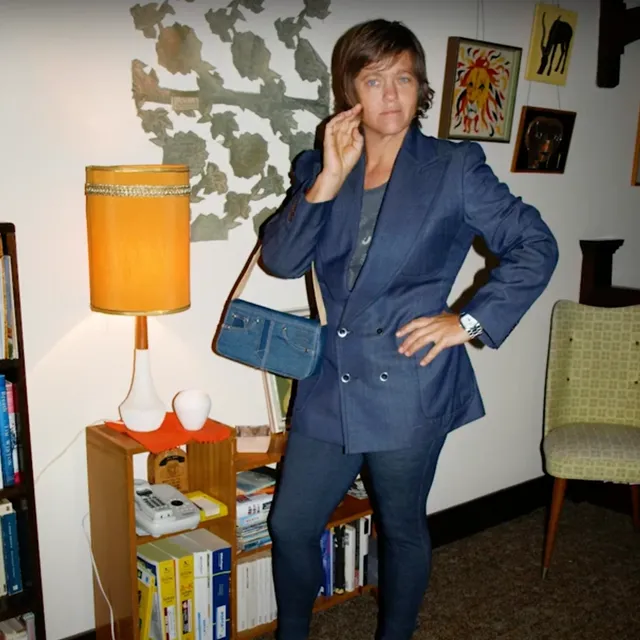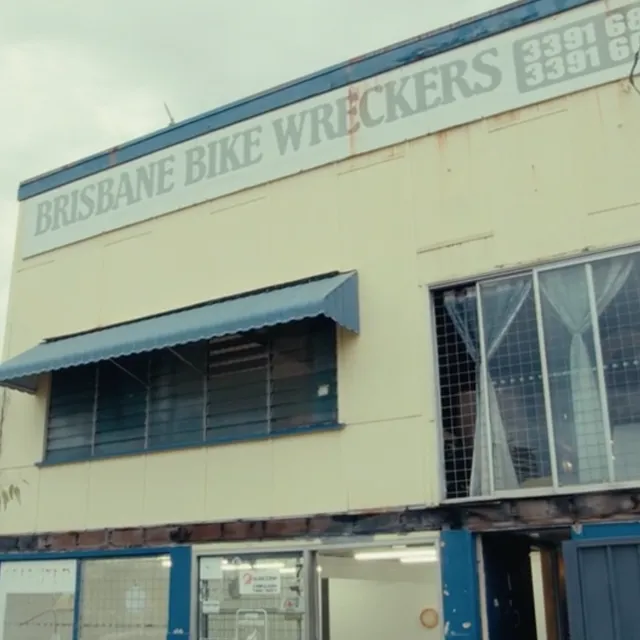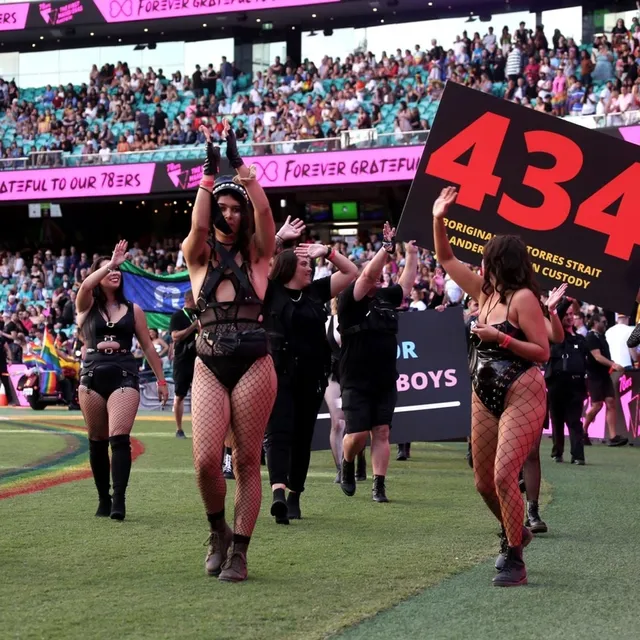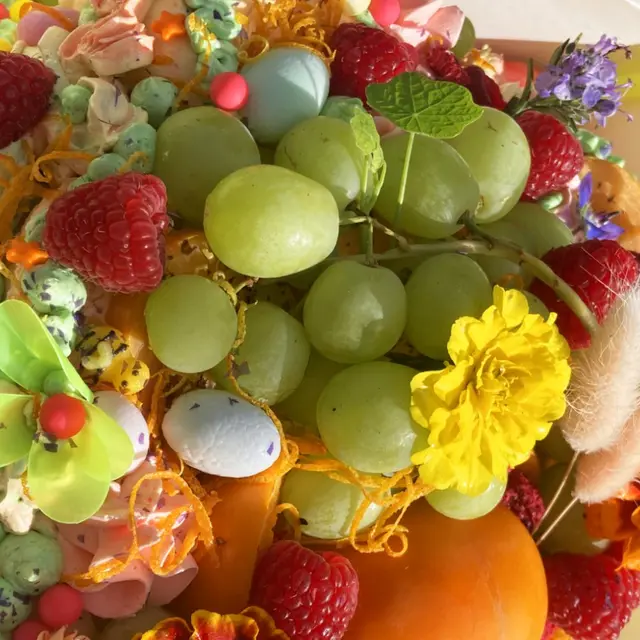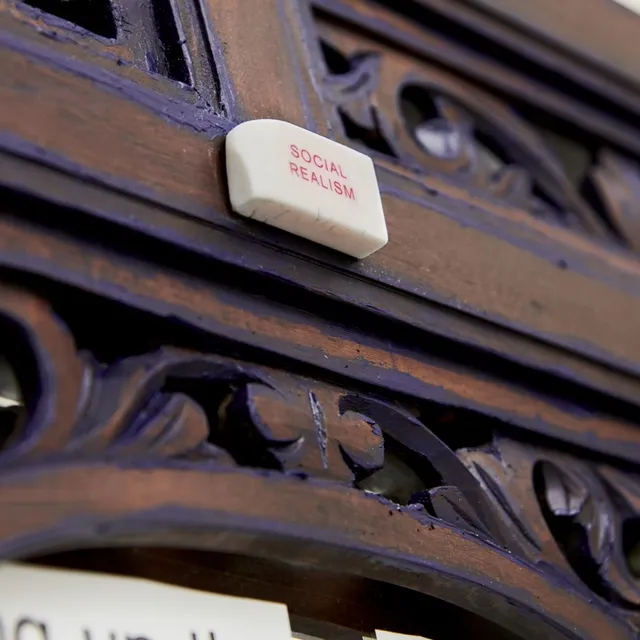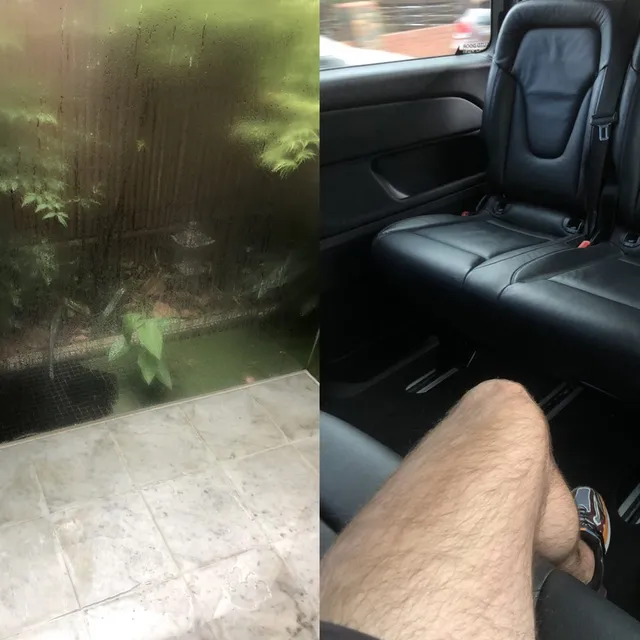Sebastian Henry-Jones
“Introduction to Favourable Conditions”
Having only just emerged from what we all hope was the worst of COVID-19, the recent news that the Federal Government is slashing arts and cultural funding from $990 million in 2021-22 to $799 million in 2022-23 couldn’t have come at a worse time for artists and arts-workers, four out of five who earned less than $25,000 from their practice last year – which is $100 a week below the poverty line.1 For those in the small-to-medium sector already lucky enough to have survived George Brandis’ elitist cuts to the Australia Council budget in 2015, the further reduction of state support for the arts is an invitation to seriously question our understanding of what creativity is and our relationship to it under late Capitalism:
Today we view money and other forms of capital as pre-requisites to cultural production, rather than thinking of creativity as a multifaceted practice of living inherent within everyone. If the former assumption propels an industry that centres the linear narrative of one’s individual trajectory towards an outcome of professional or financial triumph, the latter understands the importance of the things that move us, the relationships that make them worth pursuing and their intersection within a participatory arts ecology wherein one can meaningfully live their life. This isn’t to say that artists don’t need resources or remuneration to make art. As one contributor to this issue wrote to me, the questions that drive this iteration of OFFSITE speak to sentiments of passion and inherent creativity, placing them in tension with the need to survive our systematically inherited access to the art industry. It opens up a can of worms around class, choice and desire.2
At a time when – as noted by NAVA Co-director Mimi Crowe – artists are sacrificing fair pay just to have a career in the arts3, contributions to Favourable Conditions each in their own way agitate prevailing attitudes towards the conditions under which cultural production feels possible today. By engaging with ideas concerning the production, dissemination and reception of their work, Arben Dzika, Barbara McGrady, Jane Polkinghorne, Hana Hoogedeure, Sarah Poulgrain and Seelan Palay each articulate a way of being in the world wherein it is our choice to pursue lives that prioritise our passions, unfolding intuitively even in the face of structures that inhibit this freedom.
If state and corporate funders each provide access to cultural production on terms that discourage artists and arts workers from making creative decisions based on what they think is right, the contributions to Favourable Conditions suggest that it is within our power to create our own spaces within which to live fulfilled as our cultural, social and political selves.
Sebastian Henry-Jones is the Curator at West Space. His curatorial approach is led by an interest in DIY thinking, and situated in the context provided by the gentrification of Sydney and Melbourne’s cultural landscapes.
